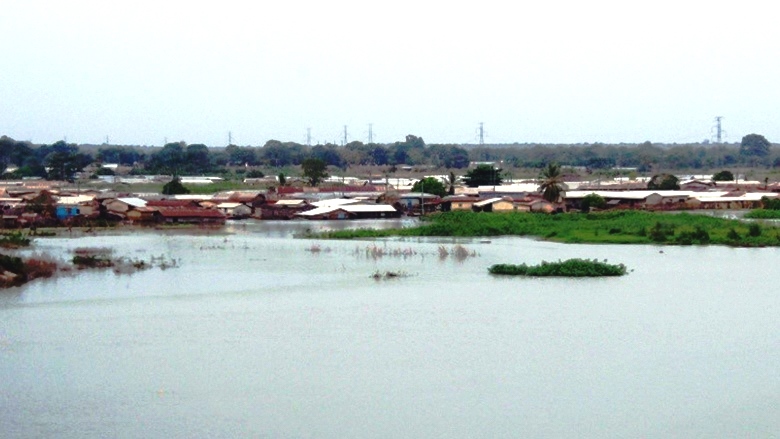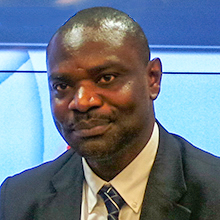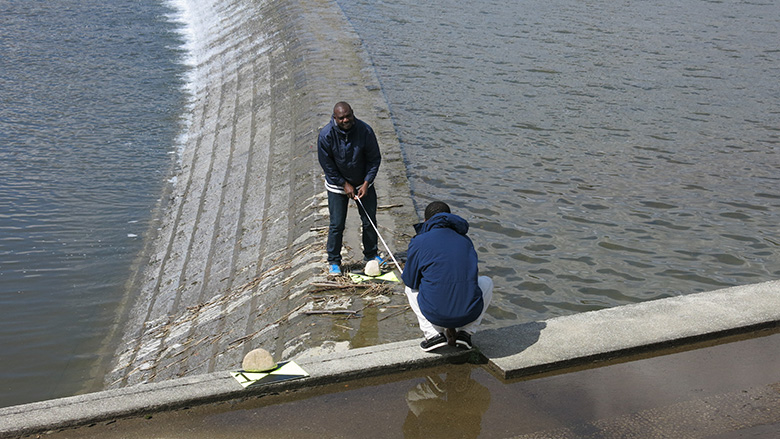The DRM Hub, Tokyo supports the project, which will also integrate other parts of the basin into a comprehensive system, while supporting the dissemination of risk information to vulnerable communities and strengthening the technical capacity of flood forecasting personnel.
Strengthening Flood Forecasting in the Volta River Basin
To improve flood forecasting, the project is developing an assessment of the underlying causes of flooding on the Oti River and an analysis of the exposure of various assets and communities to floods. Government officials will then be able to judge the effectiveness of available structural and non-structural intervention measures. The project is also putting in place an operational flood forecasting system for the Oti River, and reaching out to communities to ensure that potentially affected people know about and how to use the flood forecasting information produced.
Collaboration with Japanese Universities
The project is also making the technical capacity of institutions responsible for flood management in the Volta basin a priority by building on the partnership program established between Japanese and Ghanaian universities through the Japan - Climate and Ecosystems Change Adaptations Research (CECAR). Partners will deliver technical training courses in hydrology, meteorology, and DRM to Ghanaian practitioners and officials. The CECAR program is supported by the Japan International Cooperation Agency (JICA) and the Japan Science and Technology Agency (JST) for the benefit of Ghanaian and Japanese institutions.
"One important idea is to innovate on data capturing." Dr. Alfa said, pointing out that river records are not always well maintained and in some cases have gotten washed away during previous floods. "This brings us to Kobe where a new technique is being developed for capturing flood data by installing a video camera on the bridge of the river."
Of interest to the Ghanaian authorities is work developed by Kobe University, which uses video monitoring to estimate the discharge of rivers. Authorities believe this could become a cost-effective and complementary river monitoring methodology that also provides data for flood forecasting.
The trans-boundary nature of this project, involving Ghana and Togo, makes it unique and challenging at the same time. It is not just technical knowledge and financial support, but a far-sighted regional basin-wide approach is what is essentially required for such projects.




